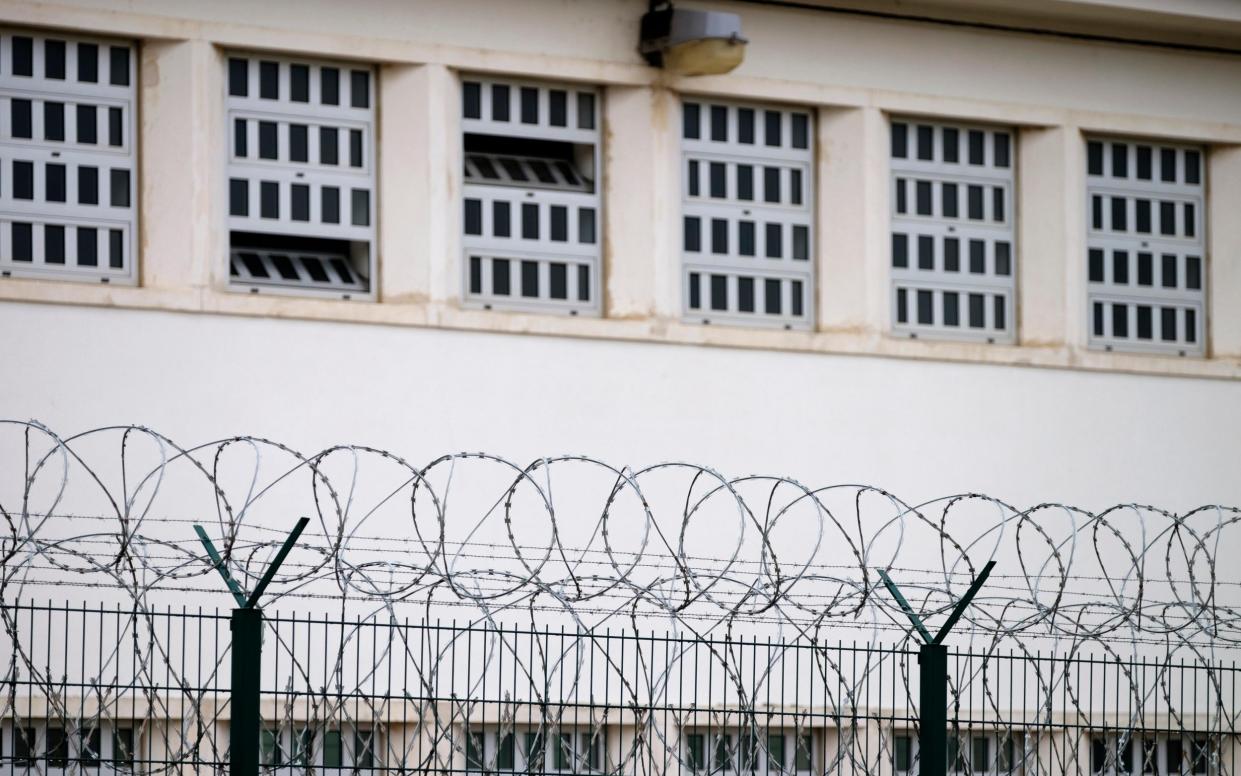‘Nonsense’ guidance bans calling criminals convicts or ex-cons

Prison officers have been told not to call criminals “convicts”, as the term could be offensive to some.
Civil servants have also instructed warders not to use the phrase “ex-con” for former prisoners. They should instead refer to them as “persons with lived experience” or “prison leavers”.
A Prison Service spokesman said the term convicts was “inaccurate, given a large proportion of prisoners are on remand ahead of trial and have therefore not been convicted”.
The spokesman added: “We have set clear and robust guidance on language to be used by staff, and have clamped down on inappropriate deviations from this.
'What's the problem?'
Mark Fairhurst, the national chairman of the Prison Officers' Association (POA) trade union told the Daily Mail he was instructed to drop use of the words in an official letter from the Ministry of Justice agency.
Mr Fairhurst said: “I received a letter saying some people found the word 'convict' offensive and that we should not use that term.
“The letter from the employee relations department of HM Prison and Probation Service said the terms 'prisoner' and 'offender' should be used instead.”
He added: “When I talk to prisoners they call themselves 'cons'. So what's the problem?”
Currently, around 17 per cent of the 84,800 prisoners in England and Wales are on remand.
Craig Mackinlay, a Conservative MP, described the Prison Service's intervention as “nonsense”'.
“However you refer to them – convicts, offenders or prisoners – these are people who find themselves in prison for serious offences against their victims and the community at large.”
Last year, the Prison Service published updated guidance on how inmates should be described.
It was issued after Sir Robert Buckland, the then justice secretary, expressed his frustration at the Prison Service referring to inmates as '”residents” and “service users”.
The move was viewed as an attempt to avoid “labelling” people as offenders, in order to help them move on from their lives of crime.
But it was criticised by former prison governors as evidence of “fashionable” and “hyper-liberal” theories that fail to force offenders to take responsibility for their crimes.
Worries about state of prisons
The latest revelation on the language wardens should use comes after Mr Fairhurst raised a series of concerns about the state of Britain's prisons during the organisation's annual conference in Eastbourne.
He called on members to pull out of voluntary duties and to refuse overtime.
He added that dangerous offenders are being wrongly allocated to open jails in a bid to free up space in higher-security prisons, as jails try to cope with record numbers of inmates in England and Wales.
This week, Sir John Major said that Britain was locking up too many prisoners and urged ministers to consider alternatives to jail for low-level offenders.
In a speech to the Prison Reform Trust, the former prime minister said Britain had the highest imprisonment rates in western Europe - yet “I find it hard to believe we British are uniquely criminal”.
David Gauke, the former justice secretary, and Rory Stewart, the former prisons minister, previously proposed a similar strategy that would effectively have replaced jail sentences of under six months with community or other non-custodial penalties except where there was a risk to the public.
It was, however, ditched when Boris Johnson became prime minister, with sentences increased for the most serious offenders.

